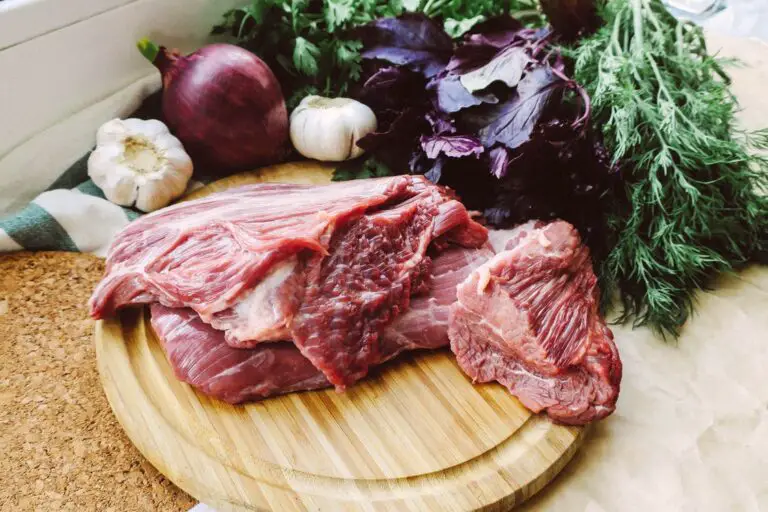
But it’s not the only issue for our health that drives us to select organic foods. Organic food is the most authentic form of food, and it is environmentally friendly. For example, the production of organic meat brisbane is being produced without any pesticides or fertilizers.
Vegetables and fruits are grown naturally. Many people have started to consume organic eggs, milk, dairy and meat.
What is Organic Food?
There are specific regulations for organic meat products that the animals live in natural behaviours, fed 100% organic foods and not with antibiotics.
Organic agriculture means more than ignoring adulteration from various pesticides and antibiotics for many farmers and consumers alike. They require feasible ways of producing meat.
Some organic producers have posted a manifesto on their online platforms incorporating affordable and ethical farming principles.
Animals also deserve to live a good life with proper care. Food wastage is a big problem that needs special attention and action, and we have to fight to preserve biodiversity.
Difference Between Organic and Non-Organic Meat.
Here are some differences between organic and non-organic meat.
- Usage of Growth Hormones
The main difference is that organic meat comes from animals not treated with drugs, hormones, and antibiotics. Therefore, food adulteration with antibiotics is a big reason for the problem. This antibiotic is the cause of death for over 55,000 Europeans and Americans every year, as per Food Science and Nutrition Magazine study. Generally, the multiresistant bacteria was found in northwest Spain.
According to the article published in the Washington Post, organic meats can be adulterated with pathogens, though adulteration is likely to occur with bacteria that can be treated with antibiotics.
A common question asked is what happens to animals that are raised on organic farms, and that need antibiotic treatment to overcome infection. Some infections can only be treated with antibiotics, and these animals do get the proper treatment. They are then removed from the organic livestock and sold to non-organic farm owners.Growth hormones used in farming are not a threat to humans. However, some can link them to breast cancer.
- Calorie and Fat Content
Organic meat contains less saturated fat but is high in omega-3 acids. Therefore, it has many health benefits.Organic meat has 50 % more beneficial omega-3- fatty acids than non-organic meat, but you don’t need to create hype. Like fish and nuts, many other foods are better food options for omega-3 acids than beef, pork, or chicken.
- Farm Practices
The quality of meat will depend on the treatment of a farmer on their farm. In an Organic farm, the cows must be fed at least 60% fresh grass. In addition, the animals should have been raised properly.
- Flavour
Organic meat has more flavor than non-organic meats. Generally, grass-fed beef has a better taste, but it does not have to be authentic because, in the end, it all depends on the taste and preference of an individual.
For more information or service, you can visit our website. At Manely, you can get all the types of organic meat brisbane and bulk meat brisbane.
Source URL: https://malenyblackangusbeef.com.au/






